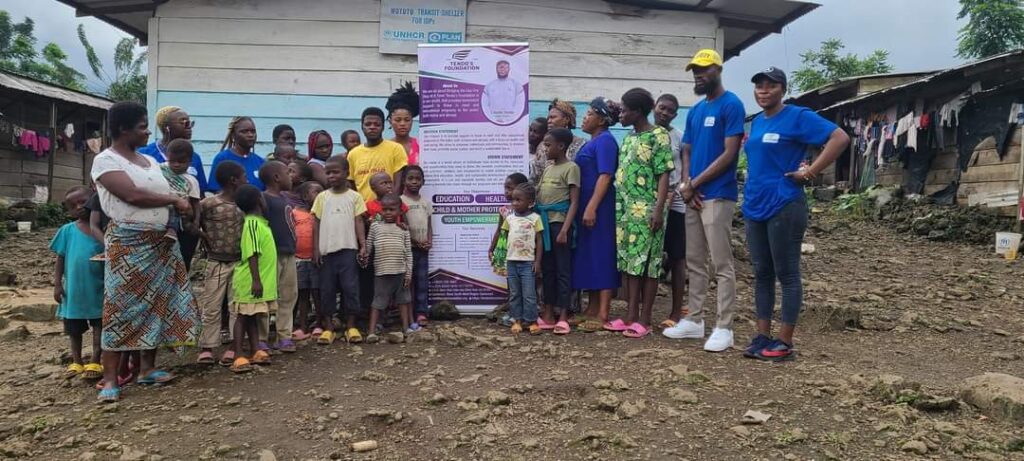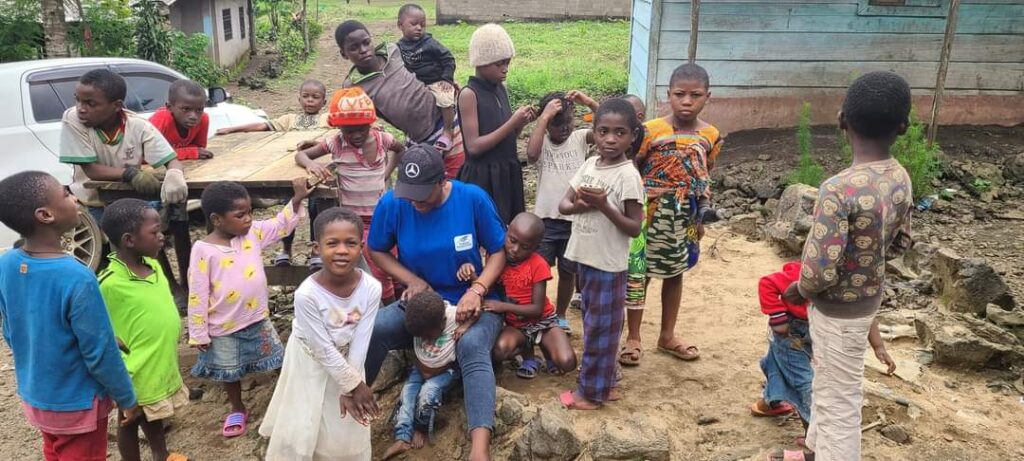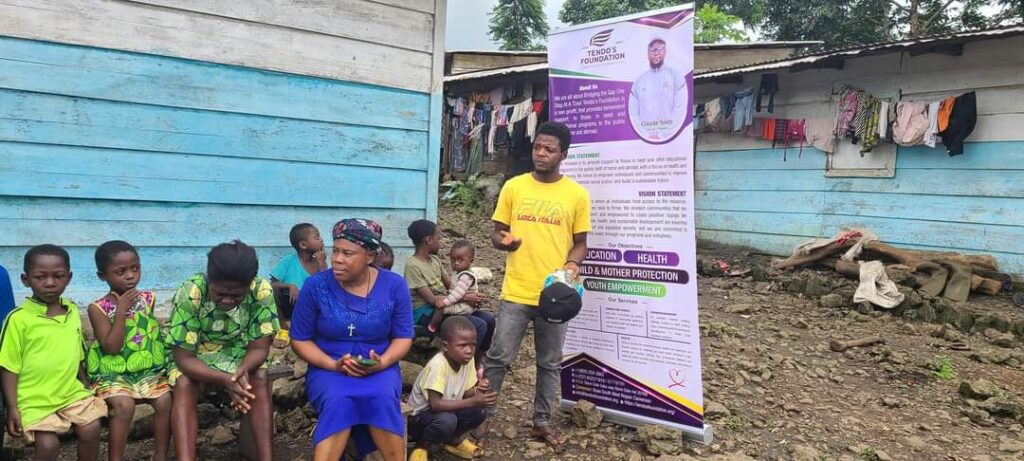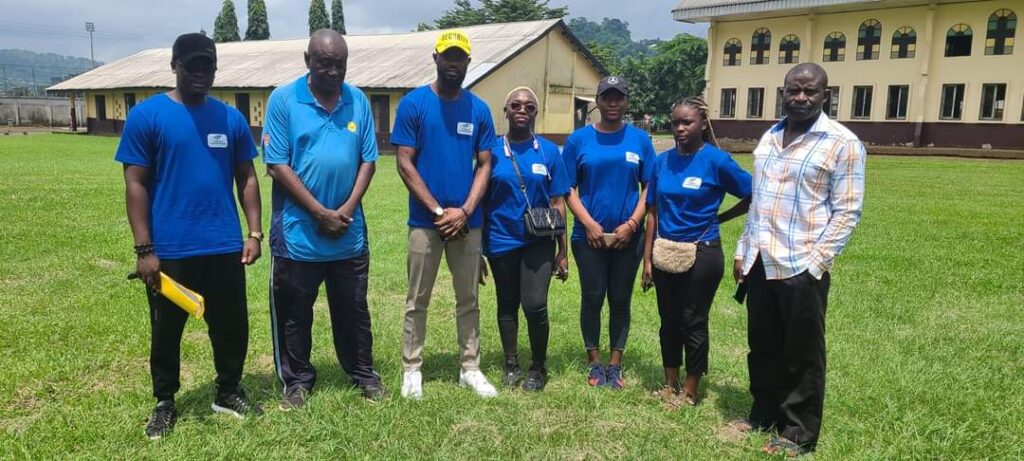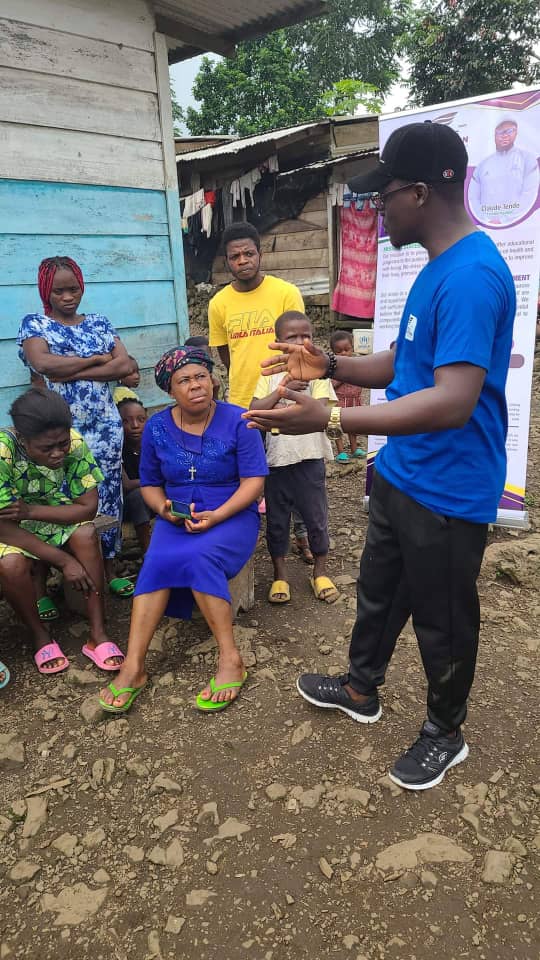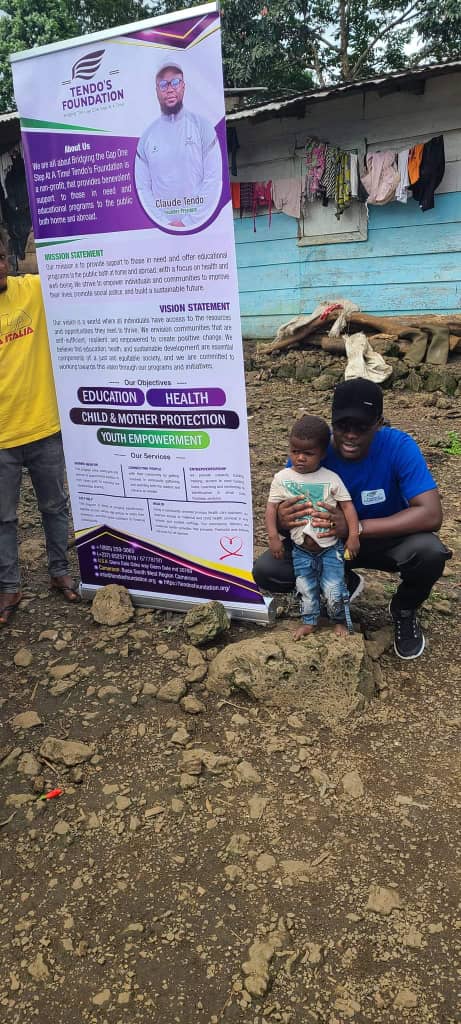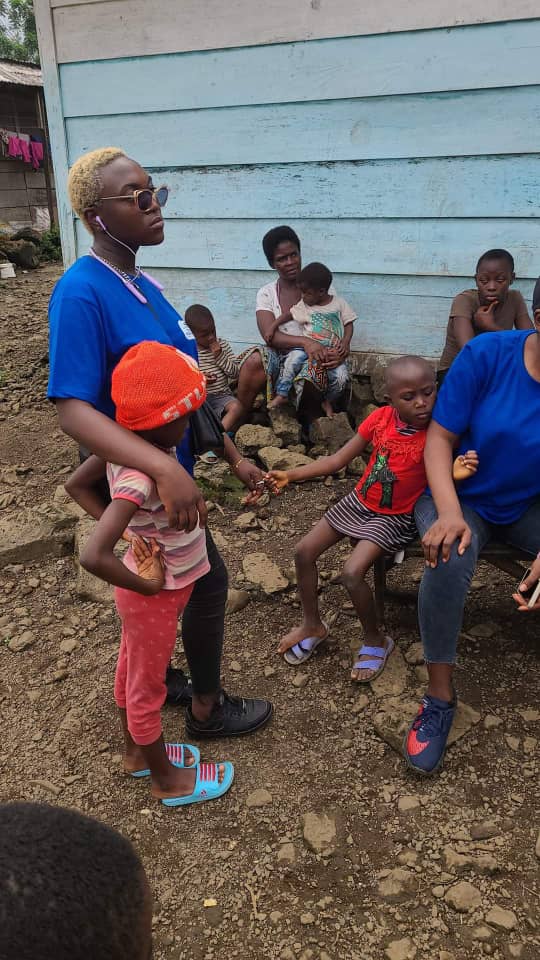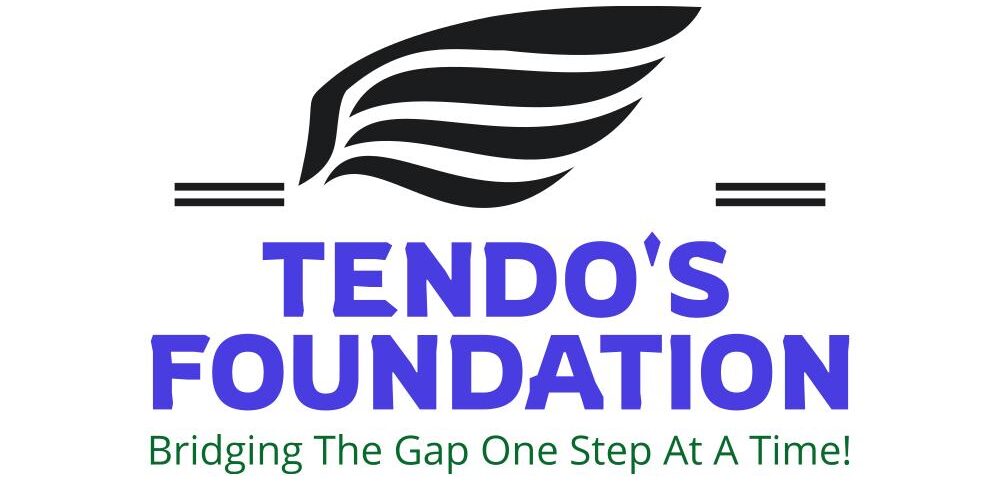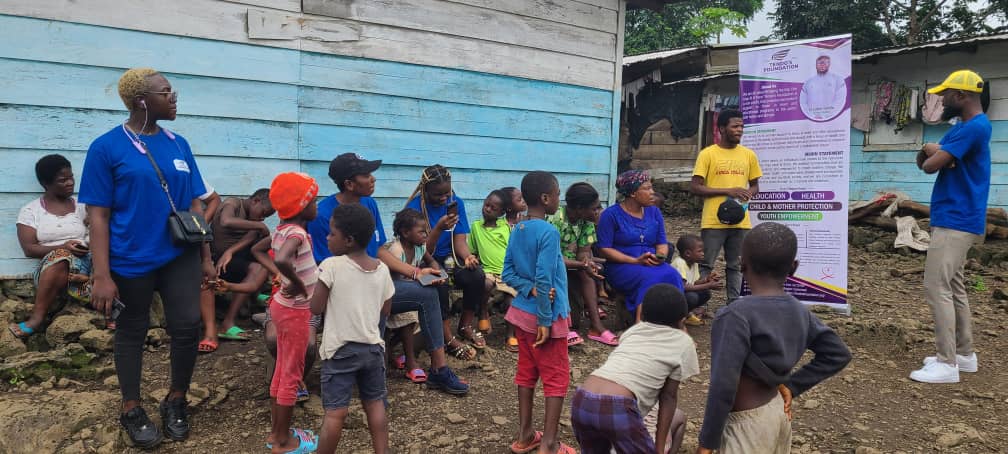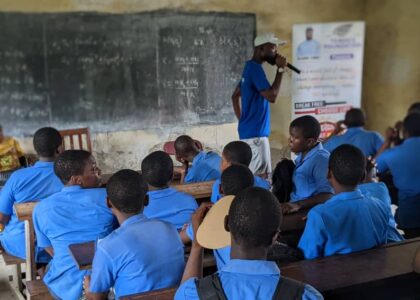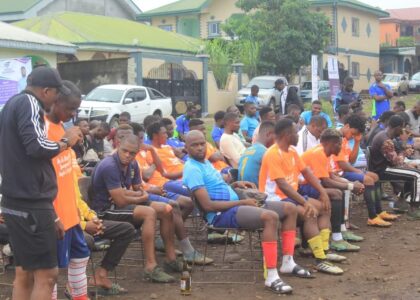Date: August 12 and 13, 2023
The following report presents the findings of a comprehensive needs assessment conducted by Tendos Foundation at the Bakoko IDP Camp in Limbe. The purpose of this assessment was to identify the pressing needs and challenges faced by the displaced population residing in the camp. By conducting this assessment, Tendos Foundation aimed to gather crucial information to develop effective strategies for providing assistance and support to the affected individuals and families.
Importance of the Needs Assessment
The needs assessment plays a vital role in guiding humanitarian organizations like Tendos Foundation in understanding the specific requirements of the population in crisis. By conducting this assessment, Tendos Foundation aimed to accomplish the following objectives:
a. Identify Priority Needs: The assessment allowed us to identify the most urgent and critical needs of the displaced population. This information helps in prioritizing interventions and allocating resources appropriately.
b. Tailor Assistance Programs: By gathering data on the needs, preferences, and vulnerabilities of the affected individuals, Tendos Foundation can design targeted assistance programs that address the specific challenges faced by the community.
c. Enhance Coordination: The assessment facilitates coordination with other humanitarian actors, government agencies, and local stakeholders. It ensures that the response efforts are well-coordinated, avoiding duplication of services and maximizing the impact of interventions.
d. Evidence-Based Decision Making: The findings of the needs assessment provide evidence for decision making and resource mobilization. It helps in justifying the allocation of resources and ensures that interventions are based on accurate and up-to-date information.
Methodology
The needs assessment was conducted through a combination of quantitative and qualitative data collection methods. The following methodologies were employed:
a. Surveys: Structured surveys were administered to collect quantitative data on the demographic profile, living conditions, health status, education, livelihoods, and access to basic services of the displaced population.
b. Focus Group Discussions: Group discussions were conducted with representatives from the community to gain insights into their perspectives, concerns, and suggestions regarding their current situation and needs.
c. Key Informant Interviews: Interviews were conducted with key informants, including camp leaders, community leaders, and local authorities, to gather additional information and validate the findings.
Findings and Key Needs
Based on the assessment, the following key needs were identified:
a. Shelter and Infrastructure: A significant proportion of the displaced population lacks adequate shelter and basic infrastructure such as sanitation facilities, clean water sources, and electricity.
b. Healthcare: Access to quality healthcare services is limited, leading to increased vulnerability to diseases and inadequate treatment for existing health conditions.
c. Education and Child Protection: Children in the camp face significant barriers to education, including lack of access to schools and learning materials. Child protection concerns, including exploitation and violence, were also identified.
d. Livelihood and Income Generation: Displaced individuals expressed the need for livelihood opportunities and income generation activities to support their families and rebuild their lives.
e. Psychological Support: Many individuals have experienced trauma and require psychological support and counseling services to cope with the challenges they have faced.
Benefits of the Needs Assessment
The needs assessment conducted by Tendos Foundation offers several benefits:
a. Informed Decision Making: The assessment provides critical information for Tendos Foundation to make informed decisions regarding the design and implementation of targeted interventions.
b. Resource Optimization: By understanding the specific needs of the population, Tendos Foundation can allocate resources efficiently, ensuring that assistance reaches those who need it most.
c. Enhanced Accountability: The needs assessment enhances transparency and accountability by ensuring that the assistance provided is evidence-based and aligned with the identified needs of the affected population.
d. Stakeholder Engagement: The assessment facilitates collaboration and partnership with other stakeholders, including local authorities, NGOs, and the affected community, fostering a collective response to address the identified needs.
Conclusion
The needs assessment conducted by Tendos Foundation at the Bakoko IDP Camp in Limbe has provided valuable insights into the pressing needs and challenges faced by the displaced population. The findings of this assessment will guide Tendos Foundation in developing targeted interventions and support programs tailored to address the specific needs of the affected individuals and families. By prioritizing the identified needs and collaborating with relevant stakeholders, Tendos Foundation aims to contribute to the overall well-being and resilience of the displaced population in the camp.
